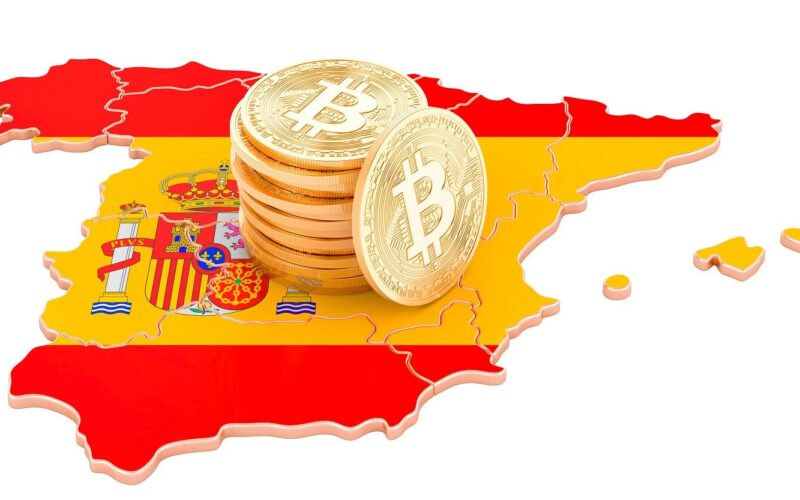Spain has announced its plans to expedite the transition period for the implementation of the Markets in Crypto Assets (MiCA) regulation. In a recent government publication, a meeting between the first vice president Nadia Calvino and Verena Ross, the President of the European Securities and Market Authority (ESMA) was highlighted as a crucial step to bring Spain’s regulatory framework up to date, beating the deadline by six months. The deadline for all 27 member states to implement the MiCA regulations is set for July 2026. Spain’s proactive approach will ensure that the law comes into effect in December 2025, eighteen months ahead of schedule, citing the need to protect investors and users of crypto assets.
Early Implementation and Its Impact
The early enforcement of MiCA will have implications for international firms dealing in digital assets such as Coinbase, Kraken, and Binance, who have obtained licenses to operate in Spain. These firms, along with other stakeholders, will need to expedite their compliance efforts to align with the new regulations by December 2025. It is worth noting that the aforementioned exchanges have already expressed their commitment to being regulatory compliant in all jurisdictions.
European Union Push for Compliance
Following the signing of MiCA by the European Union (EU), several countries have been working towards compliance before the set deadline. The European Securities and Markets Authority (ESMA) has urged member states to accelerate the implementation of the regulations within their respective countries. Similar calls have been made to digital asset exchanges and stablecoin issuers, emphasizing the importance of early preparation to avoid any legal repercussions. The focus on investor protection stems from the market crashes in 2022, such as Terra Network and FTX, which led to substantial losses within the crypto market.
Banco de España, Spain’s central bank, has also been actively promoting the potential advantages of the Digital Euro, the Central Bank Digital Currency (CBDC) of the European Union. In a document released on October 19, the bank highlighted the currency’s nature and its ability to facilitate seamless digital transactions and cross-border settlements. While many European countries have embraced the CBDC positively, privacy concerns have been raised by various entities regarding potential data breaches by central banks and their licensed private firms.
















